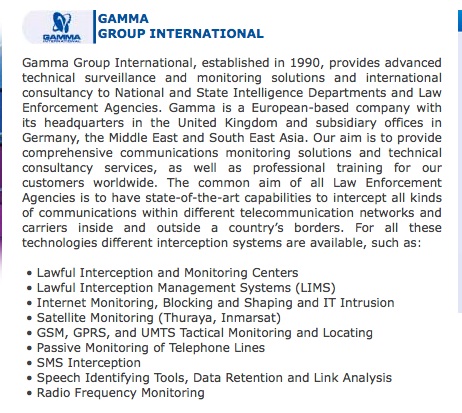HOFFA: I think businesses are sitting on money. Look at Apple. They have $76 billion in their checking account. And they’re spending it.
CROWLEY: Which they are allowed to have.
HOFFA: But they are not doing anything with it. And instead of investing here, everything they do is in China or is in Asia somewhere. And the answer, look at Honda. Honda is building $1 billion plant, and they want to build it in Mexico. This is on the drawing board right now.
CROWLEY: It’s cheaper there.
HOFFA: Why isn’t it — well, we know that. But don’t they have an obligation to America to build it in America, to put people to work here instead of in Mexico? That’s what I believe.
You know, this is really — I think the president should challenge the patriotism of these American corporations that are sitting on the sidelines saying, why do we have high unemployment but I am not going to hire anybody? You know, they have an obligation just like the federal government, just like Obama. We have all got to get into the game. And I don’t see that happening. So the trillions and billions of dollars that they have on the sidelines, they have money, Pfizer and General Electric, they have trillions of dollars overseas, let’s start repatriating that money. Let’s start a program to get America going again.
The problem in America is not that we don't have enough money. We have got more money than any other country in the world. The problem is American businesses are not spending it and not getting it in the game. That’s how we are going to get America going again.
CROWLEY: I’m hearing tweets across the universe here because — I want to go back. Are you questioning the patriotism of Apple for sitting on money rather than hiring?
HOFFA: Yes, I am.
CROWLEY: Are you?
HOFFA: Yes, I am. What is it with a company that makes — and they sell most of their products here in the United States. I mean, they’re the biggest — Apple, you have got Apple Stores everywhere else.
They have been sitting on that kind of money and every time they do something, they do it in China, they do it somewhere else. There’s something wrong with that. Don’t they have an obligation?
CROWLEY: They would tell you that the high price of labor and the high cost of health care and the high cost of environmental — you know, drove them out of the country.
HOFFA: I don’t believe that at all. You know, we have companies here that make a lot of money like UPS. We have a number of great companies here that are functioning here that are union, Sikorsky, and they are doing very, very well.
You can do it here. But the answer is, you have to have the incentive. And so many companies like Mr. Coffee and all of these other companies that have closed and moved to Mexico, they are wrong. They are unpatriotic.
We have got to turn this around and say, hey, we are an American company, we owe an obligation to America, let’s put America back to work.
Funny thing: the only area when capitalism doesn’t conflict with patriotism is the so-called ‘defence’ industry.

